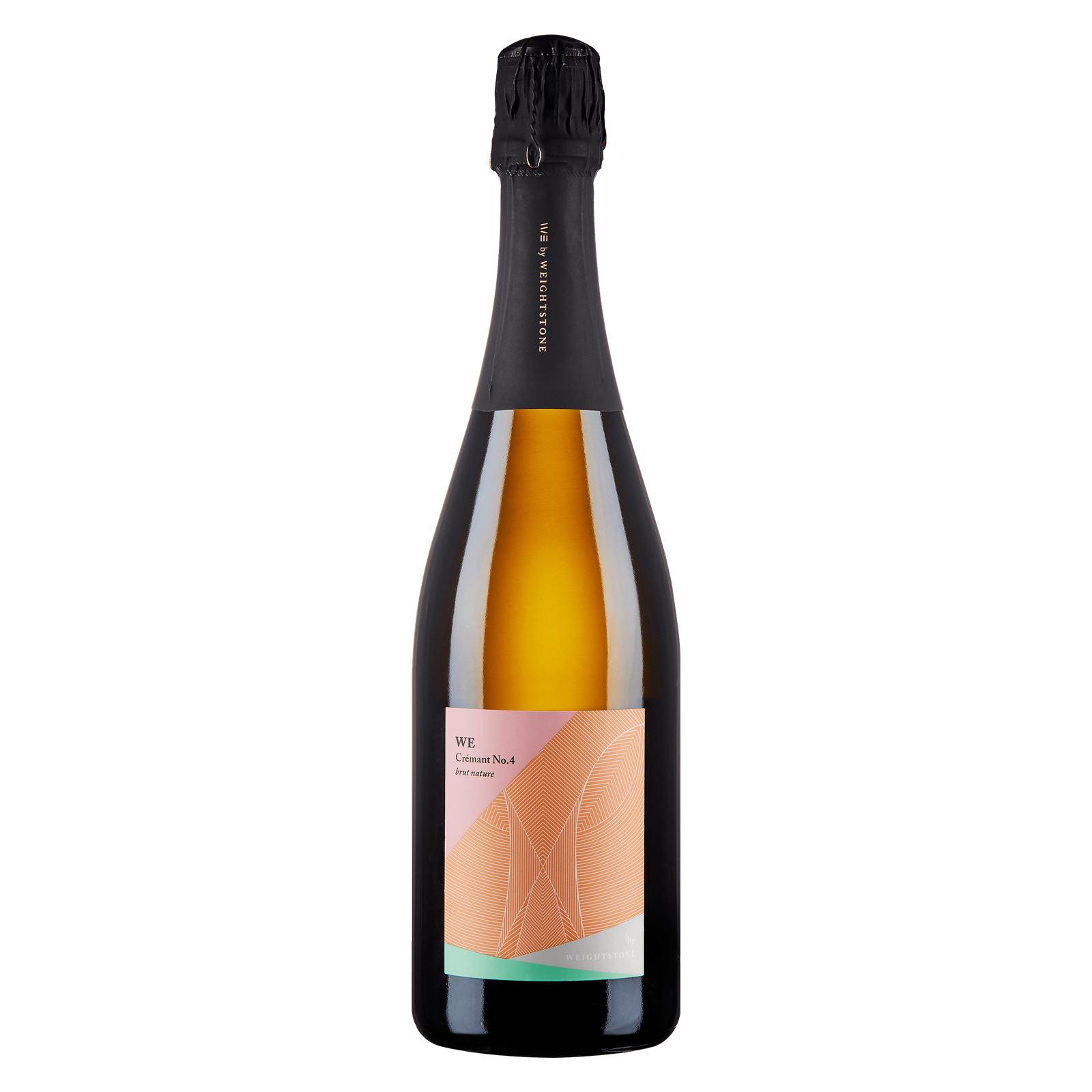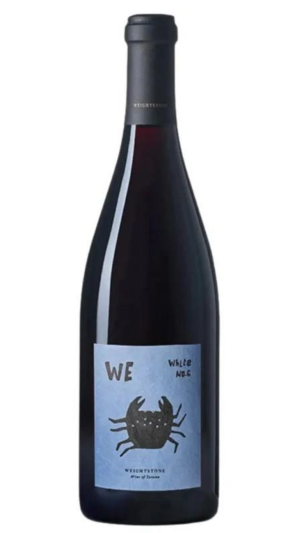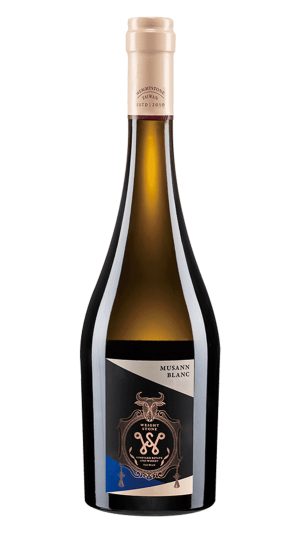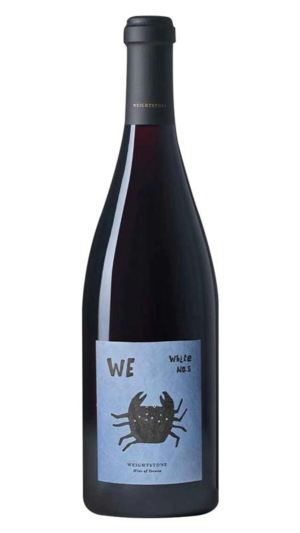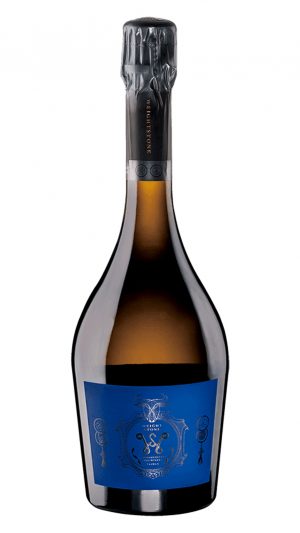Weightstone WE Cremant No.4 Brut Nature
Type: White
Country: Taiwan
Region: Taichung
Grape Variety: Heihou, Jinxiang, Mushan, Honey Red, Musi
Climate: Subtropical climate
Ageing: Methode Traditionelle, wild yeast fermented at low temperature, secondary fermentation in the bottle for 14 months and bottled without added sugar
Color: Salmon pink with fine effervescence
Nose: Aromas of rich tropical fruits (green plum, hard white peach, lotus root, white grapefruit, dragon fruit)
Palate: Notes of light ginger spice, soft lemon mineral tones, crisp green plum followed by a salty aftertaste
About the Winery:
Winemaking was introduced to Taiwan in the 1950s when the nation was under Japanese rule. The primary grape varieties were Black Queen and Golden Muscat, both heat-resistant hybrid varieties suitable for a subtropical climate, developed in Japan and the USA respectively. In the country’s prime, there were some 5,200 hectares of vineyards in Taiwan.
Weightsone’s story began in 2010 when the Taiwan Agricultural Research Station developed a new grape variety called Musann Blanc, which caught the eye of Ben Yang. At that time, grape growers were switching crops to more lucrative fruits because the Taiwanese government had stopped subsidies to them in 1996. But Ben had the vision to make wine from this 100% Taiwanese variety using modern technology. He eventually found an ideal vineyard site of 4.6 hectares at 480 metres altitude, once the shoreline of an ancient lake, in Puli (埔里) in the south-east of Taichung. There were still stone fishing weights carved by aboriginal fishermen there – hence Ben named the winery Weightstone.
With the help of a team of consultants from Napa Valley, Puli vineyard was established and planted with Musann Blanc. Unfortunately, Ben passed away in 2012 before the first wine was bottled, and the responsibility of carrying out his mission fell to his daughter, Vivian Yang.
Today, Weightstone has expanded to making some 10,000 bottles of seven wines from grapes sourced from four vineyards. But with only around 60 hectares of land under vines in the whole of Taiwan, winemaking there remains a niche industry.

